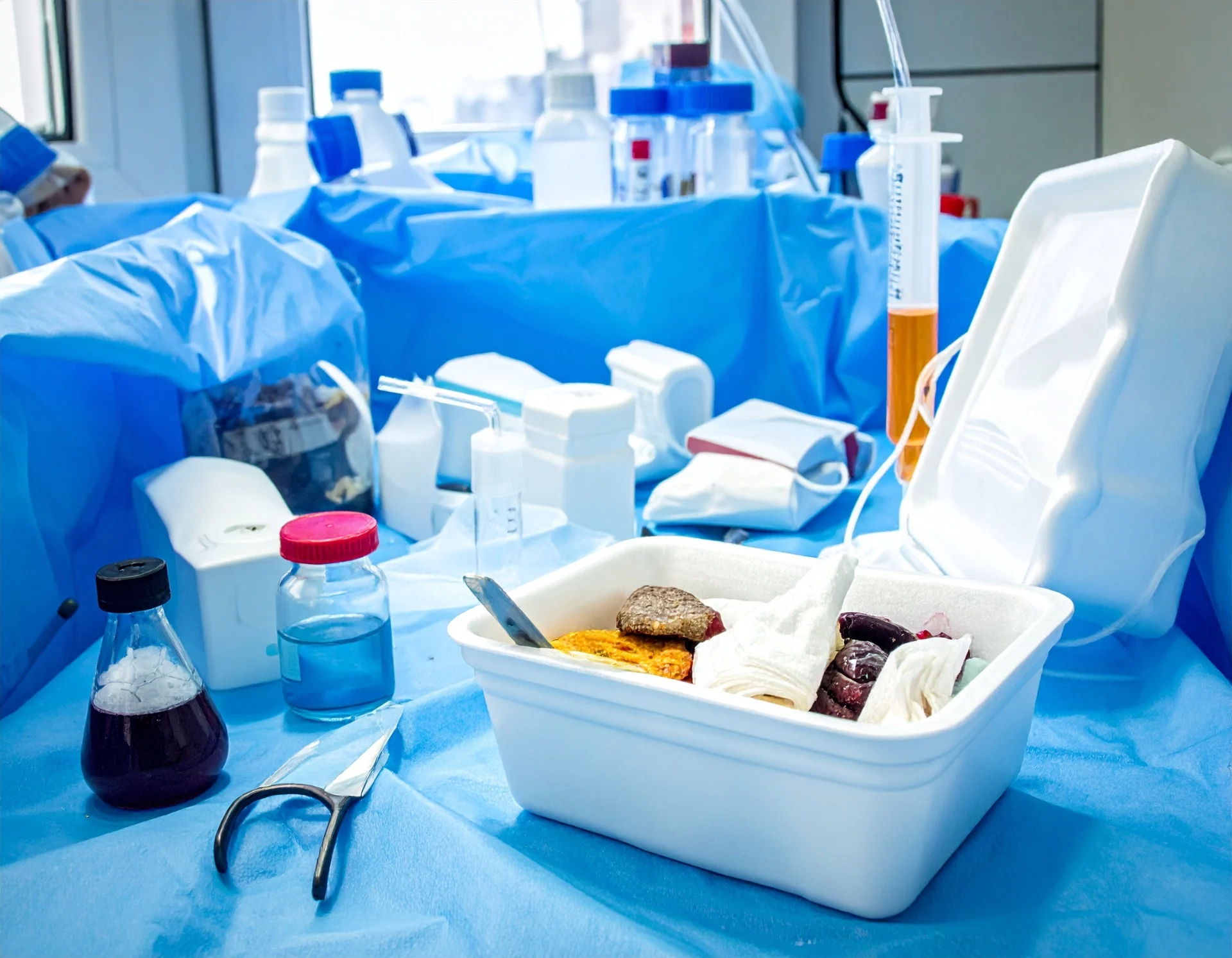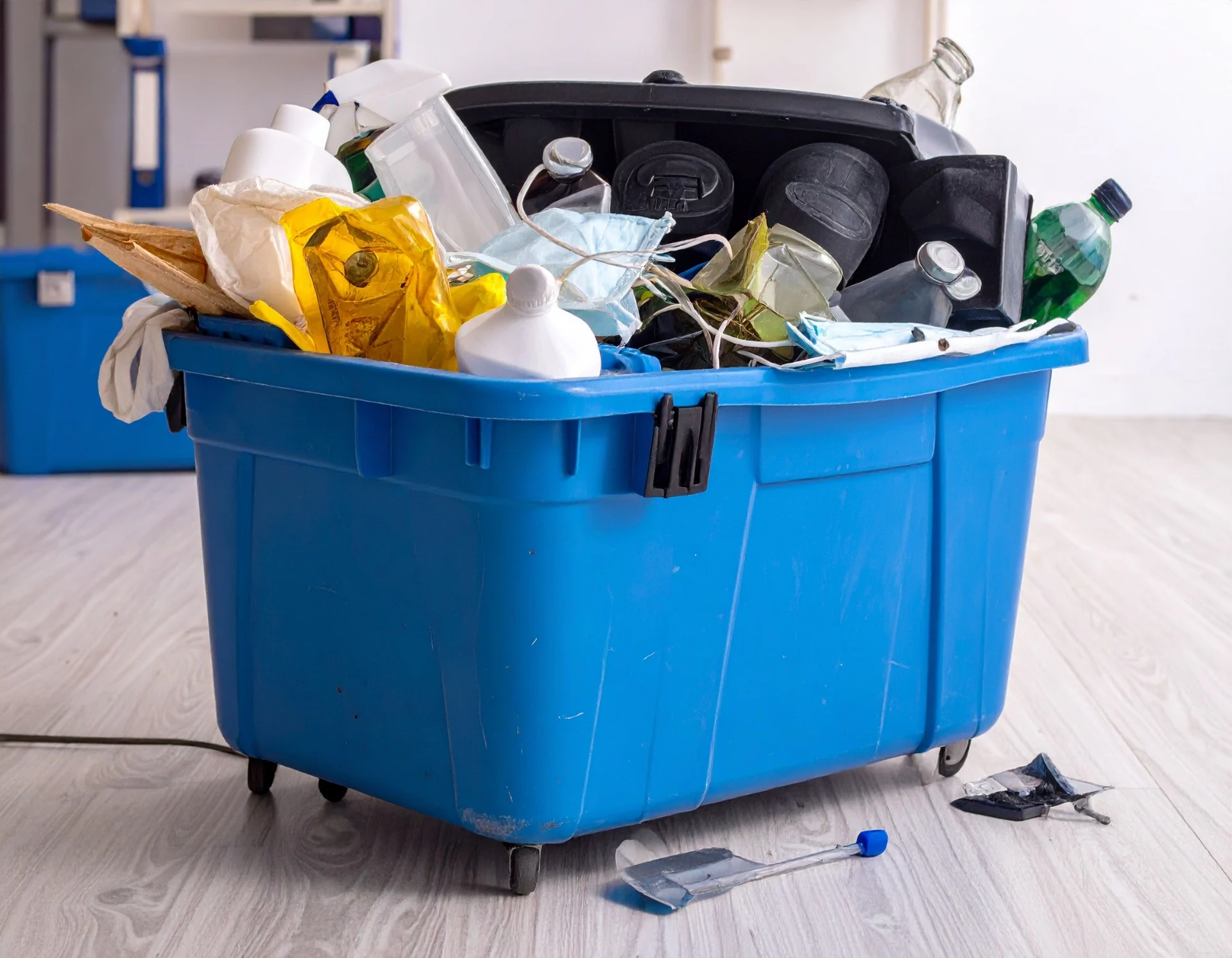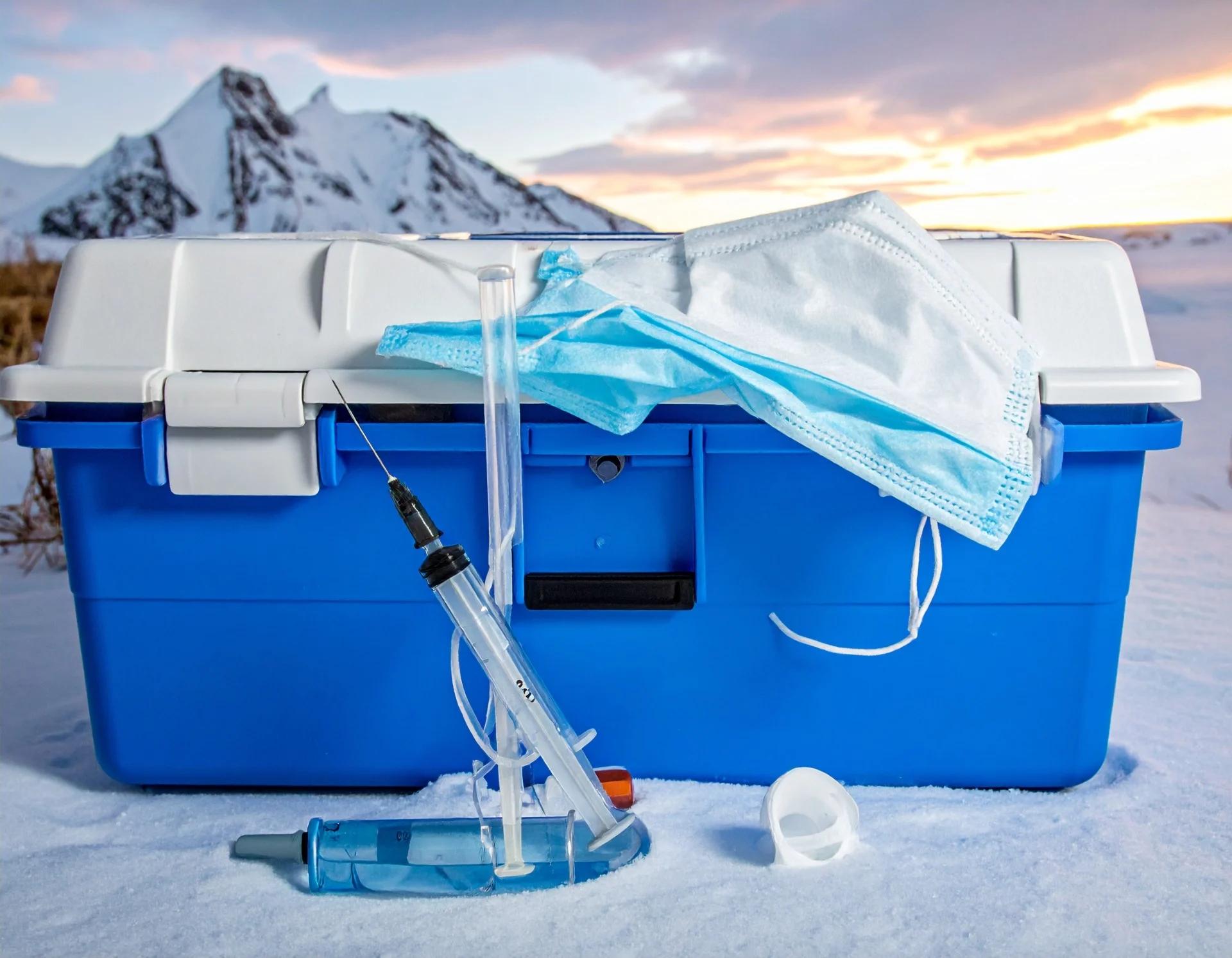What are the Hazards Posed by Clinical Waste?
Clinical waste, which falls under the category of 'offensive/hygiene' waste, poses significant health risks to those handling it. This type of waste includes materials from healthcare practices, healthcare workers in the community, and domestic households. Its presence in municipal waste and recycling streams can lead to serious health issues, such as skin and eye infections, and gastroenteritis, which is marked by symptoms like stomach cramps, diarrhoea, and vomiting.
Types of Offensive/Hygiene Waste:
- Human and animal waste including faeces, incontinence pads, catheter and stoma bags, nappies, and sanitary products.
- Nasal secretions, sputum, condoms, urine, vomit, and soiled human bedding from non-infectious sources.
- Disposable medical or veterinary equipment like gowns and plaster casts.
- Minor plasters from first aid or personal care, and waste from body piercing or tattoo applications.
- Animal hygiene wastes such as animal bedding and dog faeces.
Due to the risks associated with handling these wastes, they should only be processed at licensed facilities equipped to manage them safely. Clinical waste that is considered hazardous due to its infectious nature or its medicinal or chemical properties requires stringent handling, transportation, treatment, and disposal protocols as outlined by environmental legislation and guidance from the Environment Agency and the Department of Health.
At Taylors Skip Hire, while we focus on non-hazardous waste, understanding the risks associated with clinical waste is crucial. We support practices that ensure hazardous wastes are handled appropriately by licensed professionals, reducing the risk to public health and the environment.
For more information on managing non-hazardous waste and ensuring compliance with health and safety standards, or for information on our site clearance and rubbish removals services, please contact us!




